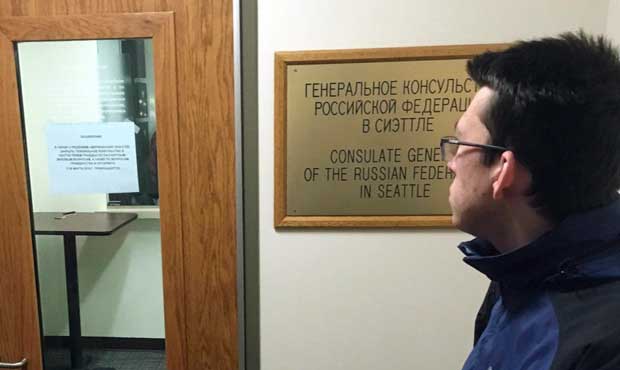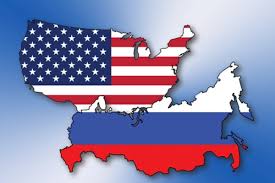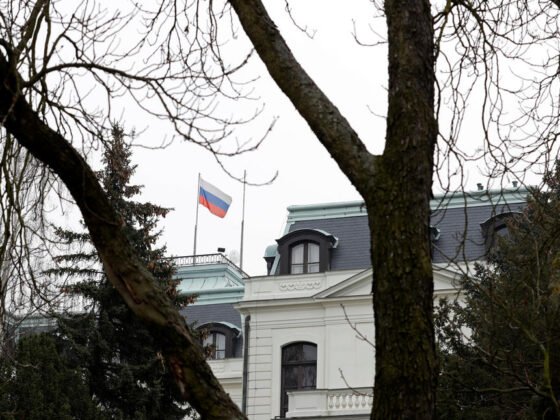(MyNorthwest) When the Trump administration on Monday said the Russian Consulate in Seattle would close along with the expulsion of its staff, experts on the two countries’ perpetually tense relationship immediately predicted one certain outcome: Russian retaliation.
“I expected they’ll expel an equivalent number of American diplomats,” said Scott Radnitz, a Russia expert and an associate professor at the University of Washington. “The Russian government actually put out a poll on Twitter (Monday) asking people which American consulate they should shut down.”
The winner so far: Vladivostok.
The announcement of the closure of the local Russian Consulate and the expulsion of 60 members of the country’s diplomatic staff came after the country was accused of poisoning a former Russian spy who was living in London. The British government immediately expelled a host of Russian diplomats and other European countries soon followed suit.
The move by the U.S. — and the recent provocation by the Russians — slid the countries’ diplomatic relationship into Cold War status.
But cold doesn’t mean frozen, Radnitz explained. The Seattle Consulate, while important to Russian nationals across the western United States, is considered a second-tier diplomatic outpost. It isn’t nearly the same gesture as closing the Russian Embassy in Washington D.C. or the large consulate in New York City, he said.
Even so, shuttering it and kicking staff out of the country is designed to send a message.
“I think what is surprising about this is the magnitude of the response — especially from the U.S.,” Radnitz said. “Trump had mostly been seen as kind of weak and unassertive in his response to the things Russia has been doing.
“And so to expel 60 diplomats and to close a consulate is actually a pretty surprisingly large response from the U.S.”
Locally, and in the western United States, the closed consulate is going to create headaches for the sizable Russian population. Approximately 15,000 Russians live in Washington state and another 66,000 live in California.
Since last August, when the Trump Administration closed the San Francisco Russian Consulate, Russians living in the western U.S. have depended on the Seattle office for passports and other matters.
But with the closure of the office in another six days, that work will be handled by the Houston or New York consulates. As for the Russian staff at the Seattle office, they are now deemed “persona non grata” in diplomatic terms and must leave the country.
“We’ll likely see the same number of American diplomats returning from Russia shortly,” Radnitz said.
See the original © MyNorthwest











